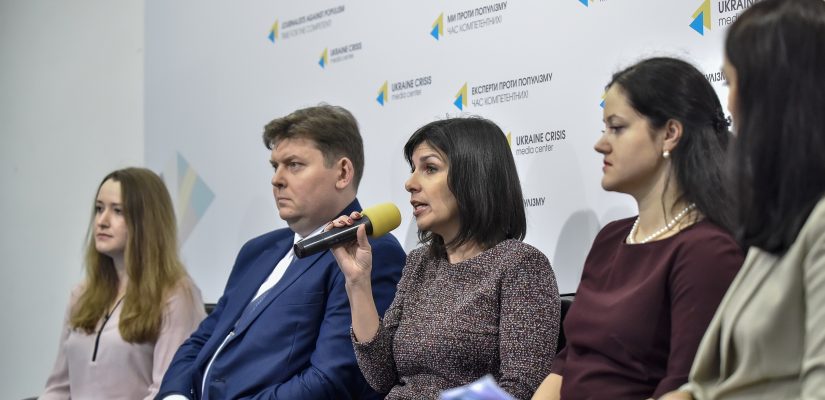

On 21 February, the Ukrainian Crisis Media Center hosted a briefing on the potential threats to the High Anti-Corruption Court activity. The issue in question is the amendments to legislation on forensic reviews in criminal proceedings.
Currently, only specialized public institutions can work on forensics in a criminal proceeding, and it is the exclusive power of the investigative judge who can rule that the forensic review is necessary, define the issues to be investigated and select the expert. It is important to understand that a lot of hope is pinned on the High Anti-Corruption Court. Yet, investigation of high-level corruption requires review in order to establish the material damages and their cost. The governmental monopoly for forensic reviews means that the principles of competitiveness and equality of parties cannot be ensured, nor can investigation be conducted within reasonable time.
“The role of forensic reviews in corruption-related cases cannot be overestimated. Expert conclusions have direct influence on the investigation and the punishment eventually received by high-ranking corrupt officials. That is why forensic experts must work independently and professionally, which is not ensured in the current legislation,” said legal advisor of TI Ukraine Kateryna Ryzhenko.
As a reminder, the results of Corruption Perceptions Index 2018 have recently been published. Ukraine scored 32 points, ranking 120th among 180 countries. Transparency International Ukraine has developed recommendations for the Ukrainian authorities for 2019 to improve the situation. Among other things, the organization has pointed out that it was necessary to annul changes to the forensic review procedure immediately.
The role of forensic reviews in corruption-related cases cannot be overestimated. Expert conclusions have direct influence on the investigation and the punishment eventually received by high-ranking corrupt officials.
Kateryna Ryzhenko, legal advisor, Transparency International Ukraine






